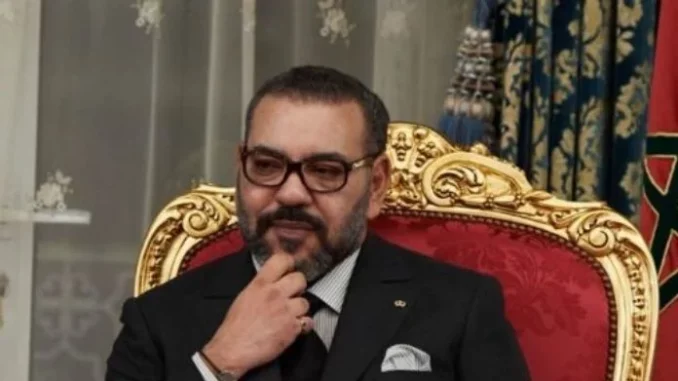
King Mohammed VI, Commander of the Faithful and Chairman of the Higher Council of Ulema, has submitted on Friday some provisions of the new family code for examination to the Higher Ulema Council, a constitutional body representing Moroccan Muslim scholars.
A statement issued by the Royal Office said this referral comes after the Body in charge of revising the Family Code accomplished its mission within the set deadline and submitted the proposals to the Monarch’s appreciation. The proposals were made following a series of consultations with Moroccan civil society stakeholders, political parties, and religious scholars.
The Higher Ulema Council will examine the said proposals based on the principles & precepts of Islam and its tolerance, and submit a Fatwa, religious interpretation, on some issues contained in the new code, to the Sovereign’s appreciation.
As some proposals are related to religious texts, the Sovereign has decided to refer the matter to the Higher Council of Ulema, which is, in accordance with Article 41 of the Constitution, the only body entitled to issue officially approved Fatwas.
The Sovereign called on the Higher Council of Ulema to take into account, during the elaboration of its Fatwa, the content of the Royal Letter addressed to the Head of Government, which calls for adopting the virtues of moderation, open and constructive Ijtihad, while taking into consideration the norm repeatedly advocated by the King in order to avoid permitting what is forbidden or forbid what is halal, added the statement.
King Mohammed VI thus bars the road to any individual interpretation or extremist exploitation of a law that should evolve in line with social developments, and reinforces Morocco’s role as a beacon of moderate Sunni thought based on Ijtihad and openness.
The King’s move to refer the matter to the Higher Council of Ulema, which aims to check and strengthen the legal basis of these proposals, reflects the Kingdom’s position as a leading country in this area.
It is a dynamic, open, inclusive and forward-looking approach to issues relating to religion, which reinforces Morocco’s position as a unique country that has always advocated a moderate interpretation of Islam, taking into account the virtues of Ijtihad to serve the interest of the family.
The King’s move, which draws its essence from the prerogatives of the Commandership of the Faithful Institution, stems from his concern to broaden the institutional consultation process relating to the revision of the Family Code, to meet the expectations of Moroccan citizens.
It is meant to highlight the importance of Ijtihad in understanding situations arising from the evolution of society and to underline the ability of legal prescriptions of a religious nature to adapt to new realities.
The Sovereign’s initiative also refers to the central role of Moroccan scholars, renowned for their competence and moderation, in respecting religious precepts and supporting societal developments.
By referring the matter to the Higher Council of Ulema, the King enshrines the choice of open and constructive Ijtihad, illustrating once again his solicitude towards the family, the pillar of the community.
The Higher Council of Ulema is thus called upon to issue a collective Fatwa, which will strengthen the proposals submitted by the Body in charge of revising the Family Code and consolidate the use of Ijtihad to improve the fate of all members of the family and will issue an opinion in accordance with the values of Islam while respecting the purposes of religion (Maqasid) and their change over time.
Through this reform, Morocco intends to successfully complete this major societal project, which will meet the aspirations of the whole society and enshrine the full rights of Moroccan family components.
The Royal Referral also supports the social proposals and demands expressed, in a renewal-oriented consensual framework, taking into consideration the interest of the family, the stability of marital relations, and the sustainability of tranquility and affection between all family components.
